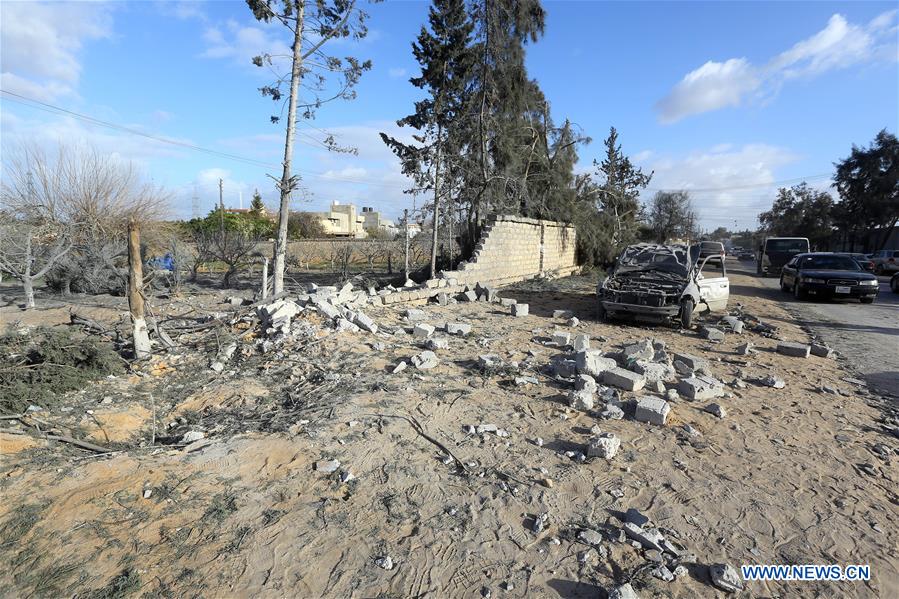
Egyptian, Russian FMs discuss situation in Libya

Egyptian foreign minister Sameh Shoukry and his Russian counterpart Sergei Lavrov discussed on Tuesday the situation in war-torn Libya.
The two foreign ministers discussed over the phone the latest developments in Libya, especially in light of the signing of two controversial memoranda of understanding (MoUs) by Turkey and Libya’s UN-backed government on maritime borders and security, Egyptian foreign ministry said in a statement.
The two diplomats also stressed the importance of avoiding any escalation of the tension, and urged for further efforts to reach a comprehensive settlement to the crisis in a way that contributes to restoring security and stability in Libya.
According to the statement, Shoukry also discussed the situation in Libya in telephone conversations with German National Security Adviser Jan Hacker and the United Nations Special Envoy to Libya Ghassan Salame.
The Egyptian foreign minister and the German official talked about the preparations for next year’s Berlin international conference on Libya.
Shoukry discussed with Salame ways to push forward UN efforts to reach a comprehensive settlement of all aspects of the Libyan crisis.
On Dec. 11, al-Sisi announced that a comprehensive solution in Libya will take place in the coming months.
Libya has been suffering from escalating violence and political instability following the 2011 uprising that toppled the late leader Muammar Gaddafi.
In April, the Libyan east-based army led by Khalifa Haftar launched an offensive to take over the capital Tripoli from the UN-backed government.
At least 1,000 people have so far been killed in the conflict, and 120,000 others were displaced, according to the World Health Organization.






